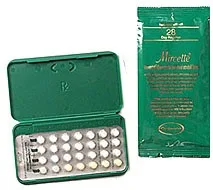Product
- Canadian Pharmacy Online Pharmacy | Online Canadian Pharmacy
- Need More Information Call Us 1-833-356-6337
Product description
INDICATIONS
Mircette is used as birth control to prevent pregnancy. Mircette contains a combination of female hormones that prevent ovulation (the release of an egg from an ovary). Mircette also causes changes in your cervical mucus and uterine lining, making it harder for sperm to reach the uterus and harder for a fertilized egg to attach to the uterus.
INSTRUCTIONS
Use Mircette as directed by your doctor.
- Take Mircette by mouth with or without food. If stomach upset occurs, take with food to reduce stomach irritation.
- Do not take larger amounts, or take it for longer than recommended by your doctor. You will take your first pill on the first day of your period or on the first Sunday after your period begins (follow your doctor’s instructions).
- You may need to use back-up birth control, such as condoms or a spermicide, when you first start using this medication.
- Take one pill every day, no more than 24 hours apart. When the pills run out, start a new pack the following day. You may get pregnant if you do not use Mircette regularly. Get your prescription refilled before you run out of pills completely.
- If you need to have any type of medical tests or surgery, or if you will be on bed rest, you may need to stop using this medication for a short time. Any doctor or surgeon who treats you should know that you are using Mircette.
- If you miss 1 dose of Mircette, take it as soon as you remember. Take your next dose at the regular time. This means you may take 2 doses on the same day. You do not need to use a backup method of birth control if you only miss 1 pill. If you miss more than 1 active dose of Mircette contact you doctor for instructions. You must use a backup method of birth control if you miss more than 1 active dose of Mircette. If you are not sure about how to handle missed doses, use an extra form of birth control (eg, condoms) and talk with your doctor.
Ask your health care provider any questions you may have about how to use Mircette.
STORAGE
Store Mircette at room temperature, 59 to 86 degrees F (15 to 30 degrees C), in a tight, light-resistant container. Store away from heat, moisture, and light. Do not store in the bathroom. Keep Mircette out of the reach of children and away from pets.
MORE INFO:
Ingredients: Desogestrel and Ethinyl Estradiol.
Safety information
Do NOT use Mircette if:
- you are allergic to any ingredient in Mircette
- you are pregnant or think you may be pregnant
- you have blood clots in the legs, lungs, or eyes; or a history of heart attack, chest pain, or stroke
- you have known or suspected breast cancer or cancer of the lining of the uterus, cervix, or vagina, or have had vaginal bleeding of unknown causes
- you have a liver tumor or active liver disease, or a history of yellowing of the eyes or skin during pregnancy or previous birth control use
- you have headaches with neurological symptoms or will be on bed rest for a long period following surgery.
Contact your doctor or health care provider right away if any of these apply to you.
Some medical conditions may interact with Mircette. Tell your health care provider if you have any medical conditions, especially if any of the following apply to you:
- if you are pregnant, planning to become pregnant, or are breast-feeding
- if you are taking any prescription or nonprescription medicine, herbal preparation, or dietary supplement
- if you have allergies to medicines, foods, or other substances
- if you have high blood pressure; high cholesterol, triglycerides, or calcium levels; have pancreatitis or gallbladder problems; or are obese
- if you have breast nodules, fibrocystic disease of the breast, an abnormal breast x-ray or mammogram, endometriosis or endometrial carcinomas, uterine fibroids, or irregular or scanty menstrual periods
- if you have diabetes, headaches, migraine headaches, epilepsy, or a history of mental depression
- if you are having surgery
- if you are a heavy smoker (15 or more cigarettes per day), especially if you are older 35 years.
Some medicines may interact with Mircette. Tell your health care provider if you are taking any other medicines, especially any of the following:
- Azole antifungals (eg, itraconazole), aprepitant, bosentan, barbiturates (eg, phenobarbital), carbamazepine, felbamate, griseofulvin, HIV protease inhibitors (eg, ritonavir), hydantoins (eg, phenytoin), modafinil, nevirapine, penicillins (eg, amoxicillin), rifampin, St. John’s wort, tetracyclines (eg, doxycycline), topiramate, and troglitazone because they may decrease the effectiveness of Mircette. Alternative forms of birth control are strongly recommended when taking any of these medicines along with this birth control medicine.
- Beta-blockers (eg, atenolol), selegiline, theophyllines (eg, aminophylline), and troleandomycin because the risk of their side effects may be increased by Mircette
- Lamotrigine because its effectiveness may be decreased by Mircette.
This may not be a complete list of all interactions that may occur. Ask your health care provider if Mircette may interact with other medicines that you take. Check with your health care provider before you start, stop, or change the dose of any medicine.
Important safety information:
- Mircette may cause dizziness or changes in vision. These effects may be worse if you take it with alcohol or certain medicines. Use Mircette with caution. Do not drive or perform other possibly unsafe tasks until you know how you react to it.
- If you miss your period during the week of inactive pills, call your doctor immediately. A missed period may indicate that you are pregnant.
- Mircette may cause dark skin patches on your face. Exposure to the sun may make these patches darker. If patches develop, use a sunscreen or protective clothing when exposed to the sun, sunlamps, or tanning booths.
- Follow your doctor’s instructions for examining your own breasts, and report any lumps immediately.
- Mircette may interfere with certain lab tests. Be sure your doctor and lab personnel know you are using Mircette.
- If you will be having surgery or will be confined to a chair or bed for a long period of time (such as a long plane flight), notify your doctor 3 to 4 weeks beforehand. Special precautions may need to be taken in these circumstances while you are taking Mircette.
- Bleeding or spotting may occur while taking Mircette. Do not stop taking Mircette if this occurs. If bleeding or spotting continues for more than 7 days or is heavy, contact your doctor.
- Mircette may increase the risk of stroke, heart attack, blood clots, high blood pressure, or similar problems. The risk may be greater if you smoke.
- Taking certain antibiotics or anticonvulsants while you are using Mircette, or vomiting or diarrhea may decrease the effectiveness of Mircette. To prevent pregnancy, use an additional form of birth control (such as condoms, spermicide, diaphragm) until your next period. If you have any questions, contact your doctor, nurse, or pharmacist.
- If you wear contact lenses and you develop problems with them, contact your doctor.
- Use of Mircette will not prevent the spread of sexually transmitted diseases (STDs).
- Lab tests, may be performed while you use Mircette. These tests may be used to monitor your condition or check for side effects. You will need to have follow-up exams at least once per year. Be sure to keep all doctor and lab appointments.
- Mircette should not be used in children; safety and effectiveness in children have not been confirmed.
- Pregnancy and breast-feeding: Do not use Mircette if you are pregnant. Avoid becoming pregnant while you are taking it. If you think you may be pregnant, contact your doctor right away. Continue to use another method of birth control (such as condoms). Mircette is found in breast milk. Do not breast-feed while you are taking Mircette. Do not take Mircette soon after delivery of a baby even if you are not breast-feeding. You should wait 4 weeks after delivery if you are not breast-feeding or 4 weeks after a second trimester abortion.
Side effects
All medicines may cause side effects, but many people have no, or minor, side effects.
Check with your doctor if any of these most common side effects persist or become bothersome:
Breast tenderness or enlargement; changes in appetite; changes in weight; dizziness; headache; loss of scalp hair; nausea; nervousness; stomach cramps or bloating; vaginal spotting or breakthrough bleeding; vomiting.
Seek medical attention right away if any of these severe side effects occur:
Severe allergic reactions (rash; hives; itching; difficulty breathing; tightness in the chest; swelling of the mouth, face, lips, or tongue); breast lumps; calf/leg pain or swelling; changes in vision; chest pain or heaviness in the chest; coughing up blood; difficulty wearing contact lenses; dark urine or light-colored bowel movements; dizziness or fainting; fever; loss of appetite; missed menstrual period; mood/mental changes; numbness of an arm or leg; persistent or recurrent abnormal vaginal bleeding; severe pain or tenderness in the stomach area; shortness of breath; sleeplessness; slurred speech; sudden severe headache (migraine); sudden shortness of breath; swelling of fingers or ankles; vaginal infection; vomiting; weakness or fatigue; weakness or numbness in the arm or leg; yellowing of the skin or eyes.
This is not a complete list of all side effects that may occur. If you have questions about side effects, contact your health care provider.
Need More Information? Call Us Toll Free: 1-833-356-6337
| Package | 15mcg × 28 pills, 15mcg × 56 pills, 15mcg × 84 pills, 15mcg × 112 pills, 15mcg × 168 pills, 15mcg × 224 pills |
|---|






